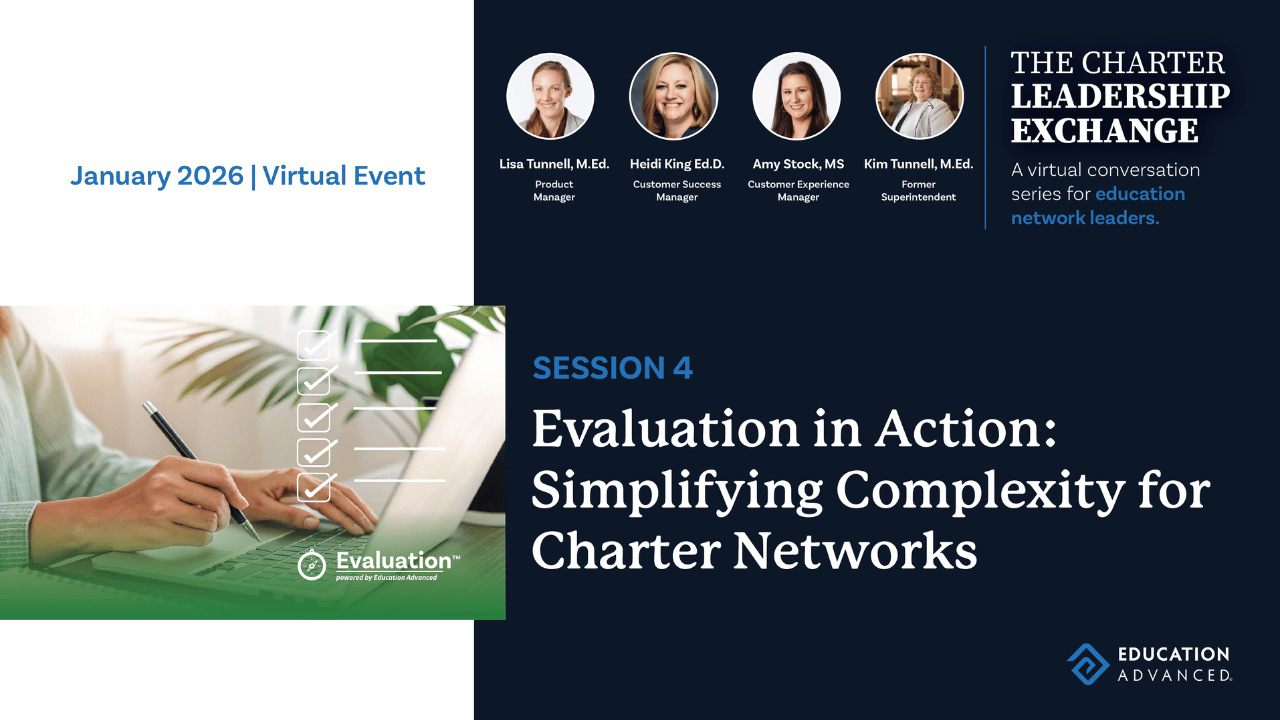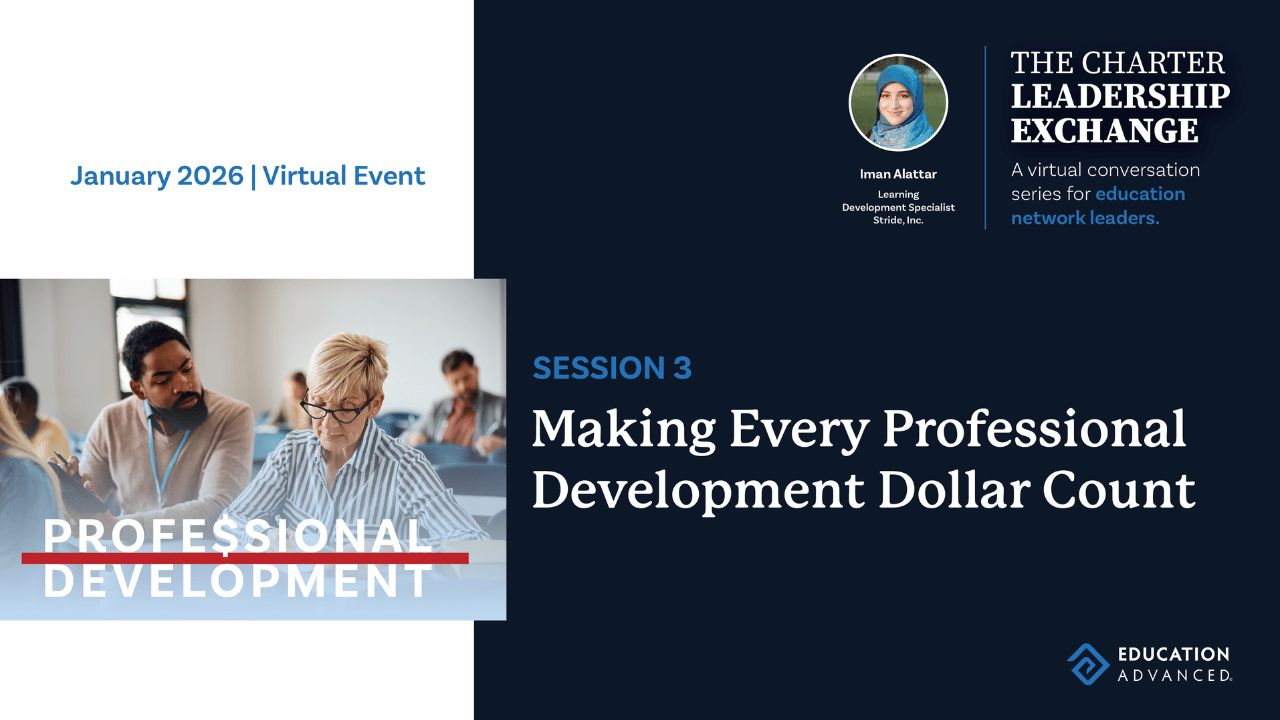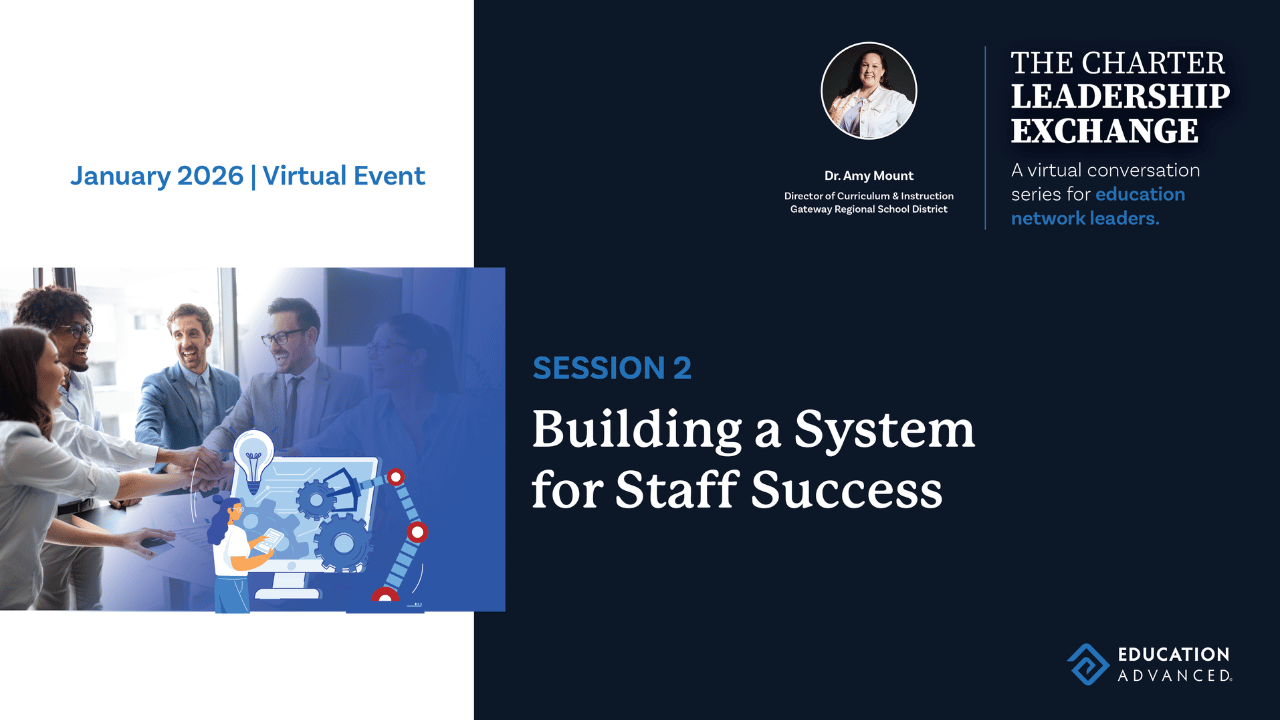College and Career Readiness Standards

College and career readiness standards, sometimes called the Common Core State Standards, outline the general skills and knowledge that students need to prepare students for college and career. These standards play an essential role in providing structure to assess student progress toward their goals post-high school graduation. These skills come into play even at the kindergarten level because success in the future begins with successful learning today
College and career readiness standards emphasize the knowledge and skills necessary for success in the 21st century, such as critical thinking, problem-solving, collaboration, and responsible citizenship. The standards are broken down into specific subject areas, including English/language arts, math, science, social studies, world languages, health and physical education, arts, civics, economics, and career and technical education. Each area gives students a comprehensive set of skills to succeed in college and their future careers.

College and Career Readiness Standards
High school graduates must be able to succeed in a college or career setting. Therefore, these standards give students an understanding of what they must do to reach their goals.
General Standards
College and career readiness means meeting college and career-ready standards such as:
- Proficiency in subjects such as writing and mathematics
- Work ethics
- Technology literacy
Grade-Specific Standards
In addition to the general college and career readiness standards, grade-specific standards are also set for each school year. For example, ninth graders must possess foundational reading skills such as comprehension and fluency. Tenth graders must know how to conduct research effectively and use critical thinking skills when analyzing texts.
Impact of College and Career Readiness Standards
The impact of college and career readiness standards on student success is undeniable. By following these standards, students can develop the necessary skills to excel in college or the workforce.
Ultimately, high school counselors and teachers must ensure their students are on track. They can help students meet or exceed college and career readiness standards before high school graduation.
Schools should ensure that all staff members understand the importance of setting realistic yet challenging goals for each student. These goals should be based on individual needs and abilities so everyone has an equal opportunity for success when pursuing options following graduation from high school.
Supporting Students in Achieving College and Career Readiness Goals
High school counselors and teachers are responsible for ensuring students have the skills to meet college and career readiness standards.
To help students meet college and career readiness standards, schools should create an environment conducive to learning. This includes supporting academic planning and goal setting and resources for tutoring or career exploration. In addition, teachers should also provide extra guidance to those who struggle to understand the material taught in class.
Following are some more examples of how schools can support their students in reaching common core state standards:

Mentorship Programs
Mentors provide direction, advice, and emotional backing for their mentees. Mentorship helps students grapple with the intricacies of getting ready for college or a career.
Mentors must be chosen with thoughtfulness, considering the particular requirements of each student. Some may require more instruction focused on academic topics, while others could need assistance honing social abilities or exploring possible professions.
Additionally, mentors should have experience in the areas they are providing guidance on to guide their mentees toward success effectively.
Connecting Students with Community
Connecting students with resources in the community is a must for helping them reach their college and career readiness goals. These assets could encompass the following:
- Local businesses that provide internships or job shadowing
- Educational institutions offering courses related to a student's desired field of study
- Volunteer organizations dedicated to giving back to the locality
- Other beneficial services such as tutoring centers or mental health counseling centers.
By capitalizing on these accessible amenities within their neighborhoods, students can acquire worthwhile insight into what it takes to flourish after high school graduation.
Financial Aid Counseling
Financial aid counseling is another essential part of supporting students in achieving college and career readiness goals. Often, families are unaware of all the options available for paying for college education costs — from scholarships and grants to loans — which makes understanding how much money will be needed out-of-pocket even more difficult.
Financial aid counselors can help simplify the various payment options available to families, allowing them to make wise decisions regarding college costs without risking their future financial security.
Assessing Student Progress Towards College and Career Readiness
Evaluating student readiness for college and job preparedness is a necessary piece of helping prepare students for life post-high school. Your school can use knowledge assessments and technology to help track student progress toward college and career readiness.
Knowledge Assessments
Teachers can use assessments, such as tests or projects, to identify areas where students excel or need additional support. Once identified, teachers can create individualized plans that address each student's unique needs and provide them with the tools they need to succeed.
Track Progress With Technology
Using technology to track progress is also essential when assessing college and career readiness standards. Technology-based solutions such as online portfolios, digital grade books, and data dashboards allow teachers to easily monitor students' performance over time while providing timely feedback on their academic growth. Instructors can use the obtained data to modify teaching methods in accordance with how well a student is progressing toward achieving their college and career readiness objectives.
Give Your Teachers More Time to Teach
If your school is interested in new ways to improve the learning experience for children, you may also be interested in automating tasks and streamlining processes so that your teachers have more time to teach. Education Advanced offers a large suite of tools that may be able to help:
- Cardonex, our master schedule software, helps schools save time on building master schedules. Many schools used to spend weeks using whiteboards to organize the right students, teachers, and classrooms into the right order so that students could graduate on time and get their preferred classes. However, Cardonex can now be used to automate this task and deliver 90% of students' first-choice classes within a couple of days.
- Testhound, our test accommodation software, helps schools coordinate thousands of students across all state and local K-12 school assessments while taking into account dozens of accommodations (reading disabilities, physical disabilities, translations, etc.) for students.
- Pathways, our college and career readiness software, helps administrators and counselors create, track, and analyze graduation pathways to ensure secondary students are on track to graduate.
- Evaluation, our teacher evaluation software, documents every step of the staff evaluation process, including walk-throughs, self-evaluations, supporting evidence, reporting, and performance analytics.

More Great Content
We know you'll love



